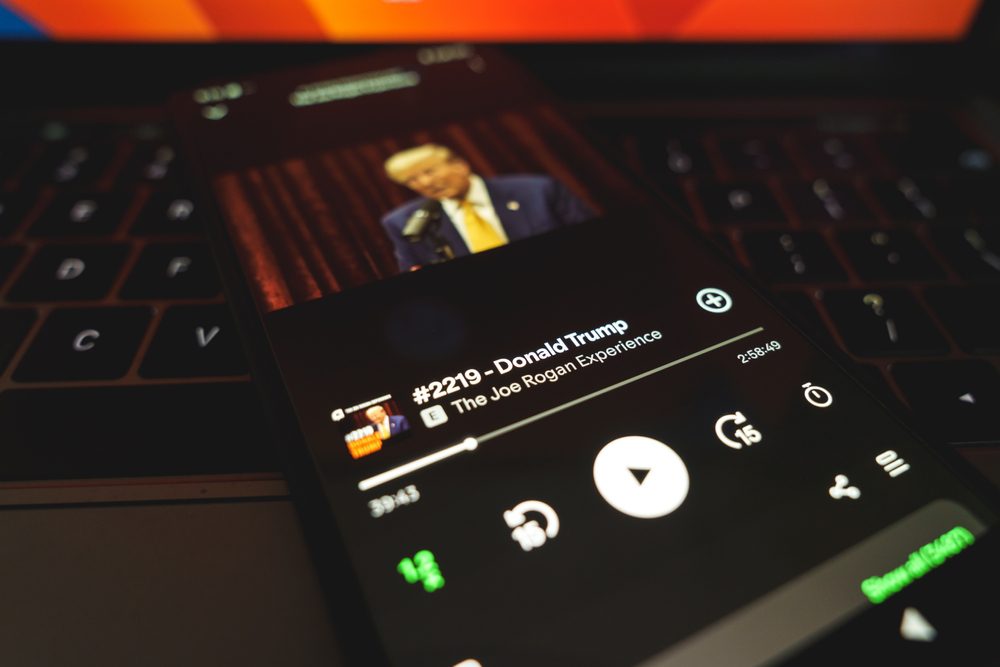Gift cards that end up being worthless and rebate checks that never get sent to the consumer are two black marks against the promotional marketing industry.
Marketers, rebate fulfillment houses and their retail and manufacturer clients need to do more to return the millions of dollars in unclaimed funds due to people who in good faith bought the cards or filled out the rebate forms.
And if the rightful individuals don’t get reimbursed, many states have laws that say the money should be turned over to them after a certain number of years.
All parties claim they make efforts to pay back consumers, but the numbers — and actions — tell a different story.
Best Buy is among a number of retailers that have set up separate subsidiaries for their gift card businesses in states like Virginia where laws allow them to keep the millions of unused dollars left on the cards, according to a recent article in the New York Post.
Many states enacted laws that eliminate expiration dates on gift cards following scores of consumers complaining about finding out at the cash register that their presents could no longer be redeemed. But that didn’t stop the cards’ amounts from showing up as sales in the retailers’ balance sheet.
Similar creative bookkeeping is at the crux of a closely watched lawsuit filed in 2006 in Iowa alleging that Young America Corp. and its clients are holding $129 million that should be paid out in rebate checks. If the people can’t be found, then the states should receive the proceeds, Iowa and 40 other states insist.
Young America is the world’s largest processor of rebates. It handles more than 80 million rebates annually with a value exceeding $2 billion on behalf of a cross-section of brands covering every major product category.
Its clients have included Hewlett-Packard, Sprint PCS, Anheuser-Busch, Best Buy, General Mills, R.J. Reynolds, Nestlé, Target, McDonald’s and Pepsi-Cola, all of which do business in Iowa.
Iowa, the lead plaintiff, says Young America’s clients held $86 million in unclaimed sums between Jan. 1, 1996 and June 30, 2002, and violated a statute when they did not report the money as abandoned property.
According to court documents, Young America took as its own revenue uncashed checks, known as “slippage” totaling almost $43 million between Jan. 1, 1995 and June 30, 2002.
“Everyone who is involved wants to encourage people to buy their products, so they have every incentive in the world to want people to get their rebates, says Kelley Gregory, senior director legal affairs for Young America.”
But Young America and others still question whether rebate checks are subject to unclaimed property laws.
“These companies have to agree that rebates fall under unclaimed property,” says Stephen Larson, Iowa’s deputy treasure and president of the National Association of Unclaimed Property Administrators. “Our hope is that Young America and the companies that Young America contracts with has great records. If we get names, we’re going to go out and try to find them to get them their money back.”
Let’s hope so.
No matter how the court rules, rebate promotions work. The promise of cash back does lead to purchases. Consumers believe they are getting a good deal, and trust that the retailer or manufacturer will make good on the offer.
However, often it’s the consumer who gets the shaft.
Companies will do almost anything to gain a customer’s loyalty. How about making sure customers get their rebate checks?
Is it too much to ask for an e-mail or a text-message reminder that a balance still exists on a gift card? Or that a rebate hasn’t been properly requested within a particular timeframe?
Notification could go a long, long way in building loyalty.
The states say they are working in the consumer’s best interest, but millions added to state coffers are more likely their ulterior motive.
Send your comments to [email protected].
TALK TO US!
We’d like to hear what you have to say about us or about news, trends and issues in promotion marketing. To contact the editor:
Mail: Promo, 249 W. 17th St., 3rd Floor, New York, NY 10011-5300
Fax: 913-514-7179
E-mail: [email protected]
Phone: 212-204-4222



 Network
Network

